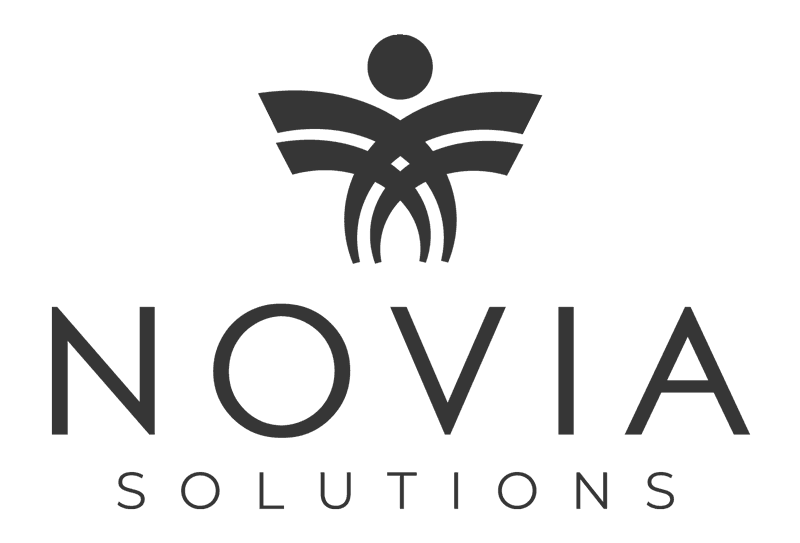According to the recent 2019 Deloitte Millennial survey, 49% of Millennials would quit their job within the next two years. While this may seem alarming for hiring managers who are already faced with nursing shortages nationwide, it is crucial for managers to understand the underlying factors that contribute to the generational attitudes behind Millennial employment preferences in order to best engage them.
Of course, the correlation between turnover trends and different nursing groups does not mean causation. After all, not every nurse working in a supportive work environment can be expected to stay forever, nor should every new nurse be expected to leave within two years. Nevertheless, in an effort to minimize turnover through supportive leadership, the following 6 steps have been attributed to competent leaders who are more likely to retain nurses:
1. Connect with younger employees by listening to better understand their priorities.
- Younger nurses experience higher turnover rates.
- Nurses who have been in practice between 2-4 years were found to have the highest risk for attrition1.
- Another important finding identified that nurses under 30 were more likely to express a desire to leave the unit while staying with the facility than other age groups. This indicates that younger nurses may change units in an effort to identify their career path while remaining loyal to their organizations.
- Additionally, nurses in the same age group expressed a similar desire to leave patient care while remaining in nursing2.
2. Enforce a positive work culture.
It probably comes as no surprise that the most recent Press Ganey study identified work environment as the most influential factor in nurse turnover. According to the survey, “42% of the 250,000 nurses surveyed said the work environment was the main reason they planned to leave their job within the next year”2.
- However, the study also found that work environment affects different generations of nurses differently. Younger nurses were found to be slightly less concerned with work environment than their older counterparts.
- “Of respondents under 30 years old, 39.7% said they intended to leave their jobs within the next year due to the work environment compared to 45.4% of nurses aged 40 to 49”2.
3. Identify what values are a priority for your nurses across different age groups.
- Younger nurses were found to place value on job recognition while more tenured nurses place more value on leadership.
- For nurses that had been practicing for two years or less “the predictors of intent to stay were things like praise, recognition, nurse manager support, certification, and joy in work”2.
- However, “for those who’ve been practicing for more than 20 years, [intent to stay] was about leadership, influence over their schedule, and quality of care”1.
4. Focus on establishing yourself as a transparent, trustworthy employer.
- Of those surveyed, only 22% expect the socio-political climate in their country to improve in the coming year.
- 73% of millennials surveyed believe that political leaders don’t have a positive impact on the world2.
5. Provide concrete training and tools for employees to further their career goals and professional development.
- Millennial nurses have been shown to value professional development more than some other age groups. In order to better engage millennial nurses, make sure they have access to the resources they need to be successful. For any new hire, regardless of rank, title, or specialty, the first week on the job can be very challenging as new employees aim to navigate their surroundings.
- Clearly identify the critical areas of understanding they need to be successful.For anyone to be successful, they must first identify and any knowledge gaps between what they need to know in order to be effective in the role and what they actually know.
- Provide employees with the guidance they need to be successful.After all, in order to be successful in a role- it is crucial to understand what how success is defined within the organization and what the specific expectations for any new hire look like. Below are three questions to help guide new hires in the right direction:
- What do I need to do? This means defining their goals and the timeframes for accomplishing them, as well as the measures that will be used to evaluate their progress.
- How should I go about doing it? This means being specific about what strategies they should use to accomplish the goals, including what activities they should and should not prioritize.
- Why should I feel motivated to accomplish it? This means communicating a vision for what the organization is striving to accomplish and helping new hires see the part they play in realizing it3.
6. Provide opportunities for continuous learning and workplace flexibility, which includes social mobility.
- Additional education has been correlated with better care. Research has shown a correlation between nurses with additional education and higher quality patient care.
- Diversity in education promotes stronger teams and leaders. Additional benefits of continued education include nurses approaching challenges with more of a global point of view. After all, nurses of different educational and professional backgrounds may be better equipped to resolve complex challenges4.
- Attract talent and promote nurse retention. For at least the past decade, nursing shortages and the sky-high turnover rates of bedside nurses have posed significant problems to nurse leaders. It is no secret that nurse attrition can impact everything from quality of care and team morale to the department’s net operating budget, seeing as staff nurses are generally the single largest line item on the budget5.
To learn more about leadership strategies and opportunities, visit our website to speak with a recruiter today. Or, follow us on LinkedIn to receive updates about our hot jobs.
In case you missed it:
- 10 Steps to Engage the 49% of Millennials Who Would Quit Their Job Within Two years
- Top 4 Reasons Nurses Leave
- 3 Ways To Retain Nursing Talent
- 3 Steps to Supporting A Positive Work Environment
- ‘Burnout’ is Now Classified as a Medical Condition
Sources:
1Thew, J. (February 15th, 2019). 4 Reasons You Are Losing Nurses
2Friedman, Z. (May 22, 2019) 49% Of Millennials Would Quit Their Job Within 2 Years
3Watkins, M. (May 10th, 2019)7 Ways to Set Up a New Hire for Success
4Thew, J. (March 27th, 2019)Want To Keep Nurses At The Bedside? Here’s How
5Webb, A. (April 2nd, 2019) Three Reasons To Prioritize Your Nursing Staff’s Education


